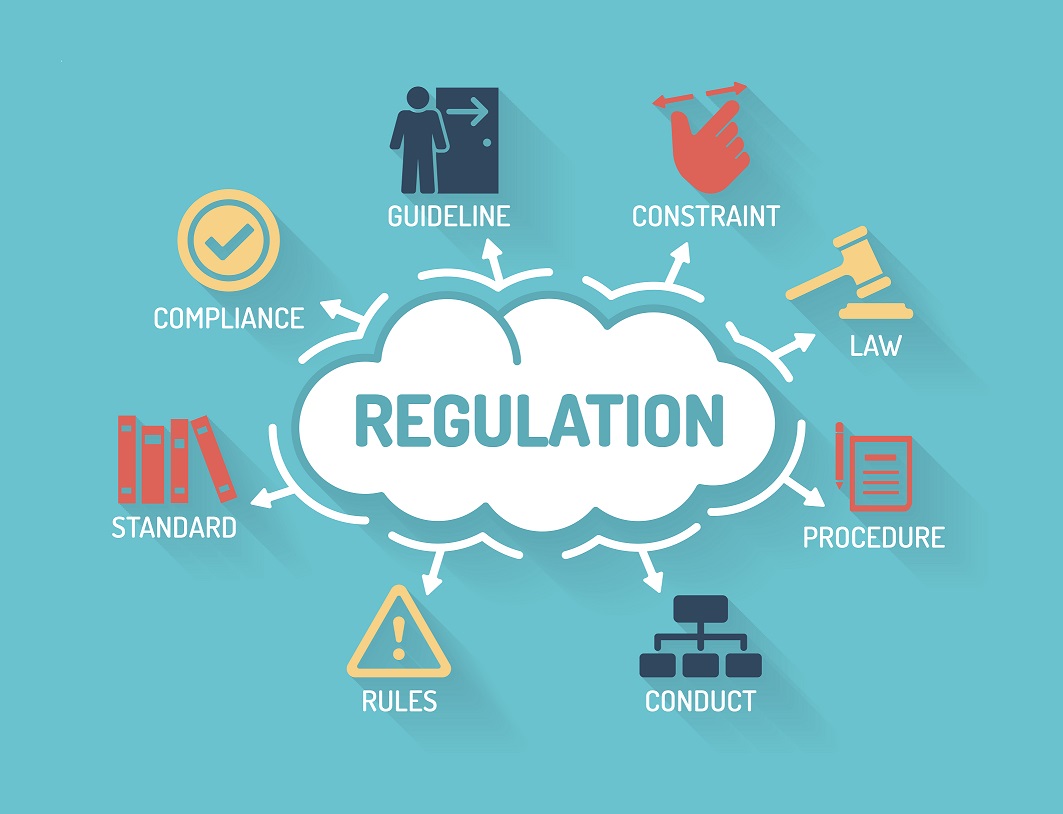
The directors and officers of a corporation are required to follow specific rules or “corporate formalities” in order to operate as a corporate entity and maintain the liability protection that is the hallmark of corporate identity. Some of these formalities are procedural in nature and relate to the process of business operation. Other formalities focus on avoiding activities that fail to maintain the separate identity of the corporation and may result in a disclaimer of the liability protection afforded to corporate directors. California law sets forth the requirements that corporate entities must abide by, which include:
Corporate documents, filings and meetings. Every corporation must file its Articles of Incorporation (Articles) with the Secretary of State. The Articles contain the corporation’s name, agent for service of process, and the amount and type of stock that the corporation will issue. The corporation must adopt by-laws that provide the dates of annual shareholder’s meetings and outline the composition of the board. The corporation is expected to conduct board meetings at least annually and adopt resolutions in connection with corporate matters. Special meetings of the Board must be conducted when particular issues are addressed, such as whether to sell substantially all of the assets of the corporation, enter into a new lease or fill a vacancy on the Board. The minutes of corporate meetings must be recorded and filed in a corporate minute book.
Maintaining separate corporate funds. The directors must establish separate corporate funds and are prohibited from commingling personal funds and assets with those of the corporation. Commingling assets may result in a court determining that the corporation is operating as the “alter ego” of the Board and that the corporate veil should be pierced. This classification would render directors and shareholders personally liable for corporate debts. Properly maintaining a distinction between personal and corporate assets requires directors to create separate bank accounts and tax returns, avoid using personal accounts for business purposes or business accounts for personal use, and refrain from engaging in borrowing transactions with the corporation.
Acting in the corporation’s best interests. Directors and officers owe fiduciary duties to act in the best interests of the corporation and exercise reasonable care and diligence in making decisions on behalf of the corporation. If a director makes decisions that do not appear to be in the best interests of the corporation, he will be required to justify such actions and demonstrate the fairness and reasonableness of the transaction. It is advisable for directors to avoid even the appearance of self-dealing as they are required to act with undivided loyalty to the corporation.
Contact Shane Coons at 949-333-0900 or visit his website at www.ShaneCoonsLaw.com to find out more about his practice.
